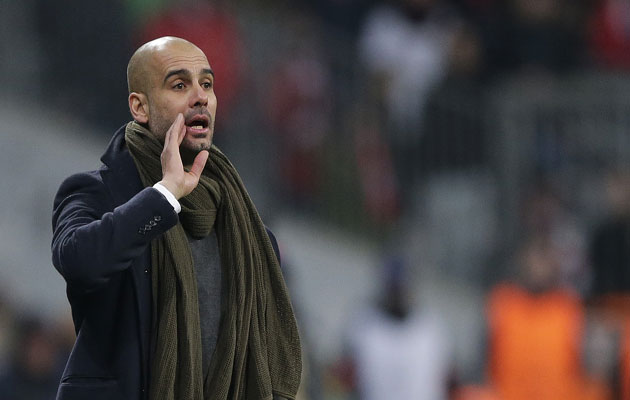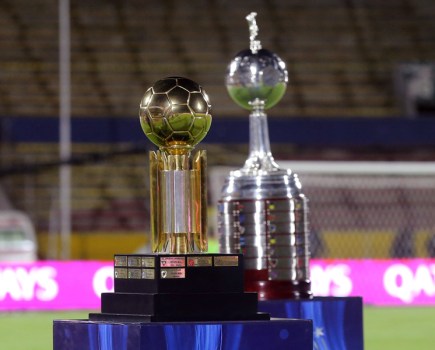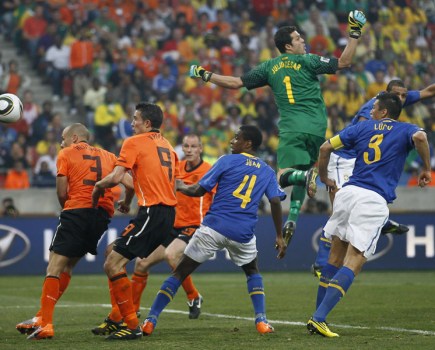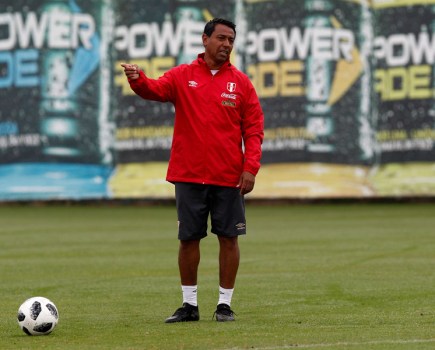The strange news story of the week was the ‘revelation’ by Daniel Alves that his former boss at Barcelona, Pep Guardiola, put his name forward to take charge of Brazil at the end of 2012. This was reproduced all across the world’s media as if it were a bombshell – in what can only be described as a fit of collective amnesia.
That Guardiola had thrown his hat into the ring when Mano Menezes was sacked was extensively reported at the time. Indeed, it was clear that replacement Luiz Felipe Scolari’s presentation was rushed in order to halt the pro-Guardiola bandwagon. At the time, then-CBF president Jose Maria Marin made a point of acknowledging the interest of a foreigner he refused to name, before stressing that Brazil had plenty of home grown candidates capable of stepping into the job.
That, of course, was before Marin was arrested in Switzerland. And before Brazil were humiliated in their own World Cup. Last week the year’s anniversary of the 7-1 semi final defeat to Germany was ‘celebrated.’ It was also when the first meeting of the new Commission of Notables was held – a group of prominent figures, especially former coaches of the national team, gathered to assess the current problems of Brazilian football.
Tostao dismissed the ideas as “a waste of time. We need more action, and less blah bah blah.” He sees the problem as clear, although some hide behind the false idea that with so many players moving to Europe Brazilian football has lost its essence.
“The opposite is true,” he writes. “The Europeans have started playing with more exchanges of passes, keeping the ball on the ground, with few fouls, and with midfielders who mark, support and push forward on quality pitches. Meanwhile, for a long time now Brazilian football has been taken over by big kicks, running, the ball in the air, an excess of fouls and diving and a game divided into defensive midfielders who mark, attacking midfielders who create and centre forwards who finish. The accumulation of vices has impregnated our game and made change difficult.”

There is, it might be argued, always some value to be had in debating the problems. But it is undeniable that the Commission would have made much more sense a year ago. Then, with months of friendlies ahead, Brazil could have appointed a caretaker coach while dwelling on the way forward.
But when Dunga was appointed to succeed Scolari straight after the World Cup, that ship had sailed. By recalling the 2006-10 coach, the CBF were in effect saying that there was no need to change.
Bringing back the ever-angry high priest of the counter-attack shut off more adventurous options. And for a Commission of this kind to function best, a degree of independence from the powers that be is essential. And so the presence of Dunga and his co-ordinator Gilmar Rinaldi in the discussion renders the whole thing meaningless. Why bother talking about changing direction if the decision has already been taken to hold steady to the same course?






